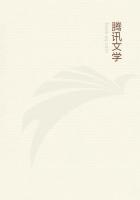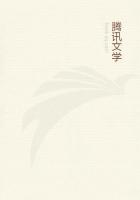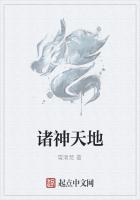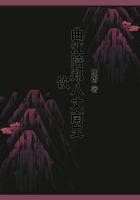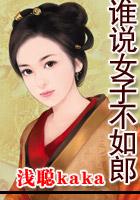Cassandra had never been to a music-hall. Katharine instructed her in the peculiar delights of an entertainment where Polar bears follow directly upon ladies in full evening dress, and the stage is alternately a garden of mystery, a milliner's band-box, and a fried-fish shop in the Mile End Road. Whatever the exact nature of the program that night, it fulfilled the highest purposes of dramatic art, so far, at least, as four of the audience were concerned.
No doubt the actors and the authors would have been surprised to learn in what shape their efforts reached those particular eyes and ears;but they could not have denied that the effect as a whole was tremendous. The hall resounded with brass and strings, alternately of enormous pomp and majesty, and then of sweetest lamentation. The reds and creams of the background, the lyres and harps and urns and skulls, the protuberances of plaster, the fringes of scarlet plush, the sinking and blazing of innumerable electric lights, could scarcely have been surpassed for decorative effect by any craftsman of the ancient or modern world.
Then there was the audience itself, bare-shouldered, tufted and garlanded in the stalls, decorous but festal in the balconies, and frankly fit for daylight and street life in the galleries. But, however they differed when looked at separately, they shared the same huge, lovable nature in the bulk, which murmured and swayed and quivered all the time the dancing and juggling and love-making went on in front of it, slowly laughed and reluctantly left off laughing, and applauded with a helter-skelter generosity which sometimes became unanimous and overwhelming. Once William saw Katharine leaning forward and clapping her hands with an abandonment that startled him. Her laugh rang out with the laughter of the audience.
For a second he was puzzled, as if this laughter disclosed something that he had never suspected in her. But then Cassandra's face caught his eye, gazing with astonishment at the buffoon, not laughing, too deeply intent and surprised to laugh at what she saw, and for some moments he watched her as if she were a child.
The performance came to an end, the illusion dying out first here and then there, as some rose to put on their coats, others stood upright to salute "God Save the King," the musicians folded their music and encased their instruments, and the lights sank one by one until the house was empty, silent, and full of great shadows. Looking back over her shoulder as she followed Ralph through the swing doors, Cassandra marveled to see how the stage was already entirely without romance.
But, she wondered, did they really cover all the seats in brown holland every night?
The success of this entertainment was such that before they separated another expedition had been planned for the next day. The next day was Saturday; therefore both William and Ralph were free to devote the whole afternoon to an expedition to Greenwich, which Cassandra had never seen, and Katharine confused with Dulwich. On this occasion Ralph was their guide. He brought them without accident to Greenwich.
What exigencies of state or fantasies of imagination first gave birth to the cluster of pleasant places by which London is surrounded is matter of indifference now that they have adapted themselves so admirably to the needs of people between the ages of twenty and thirty with Saturday afternoons to spend. Indeed, if ghosts have any interest in the affections of those who succeed them they must reap their richest harvests when the fine weather comes again and the lovers, the sightseers, and the holiday-makers pour themselves out of trains and omnibuses into their old pleasure-grounds. It is true that they go, for the most part, unthanked by name, although upon this occasion William was ready to give such discriminating praise as the dead architects and painters received seldom in the course of the year.
They were walking by the river bank, and Katharine and Ralph, lagging a little behind, caught fragments of his lecture. Katharine smiled at the sound of his voice; she listened as if she found it a little unfamiliar, intimately though she knew it; she tested it. The note of assurance and happiness was new. William was very happy. She learnt every hour what sources of his happiness she had neglected. She had never asked him to teach her anything; she had never consented to read Macaulay; she had never expressed her belief that his play was second only to the works of Shakespeare. She followed dreamily in their wake, smiling and delighting in the sound which conveyed, she knew, the rapturous and yet not servile assent of Cassandra.

